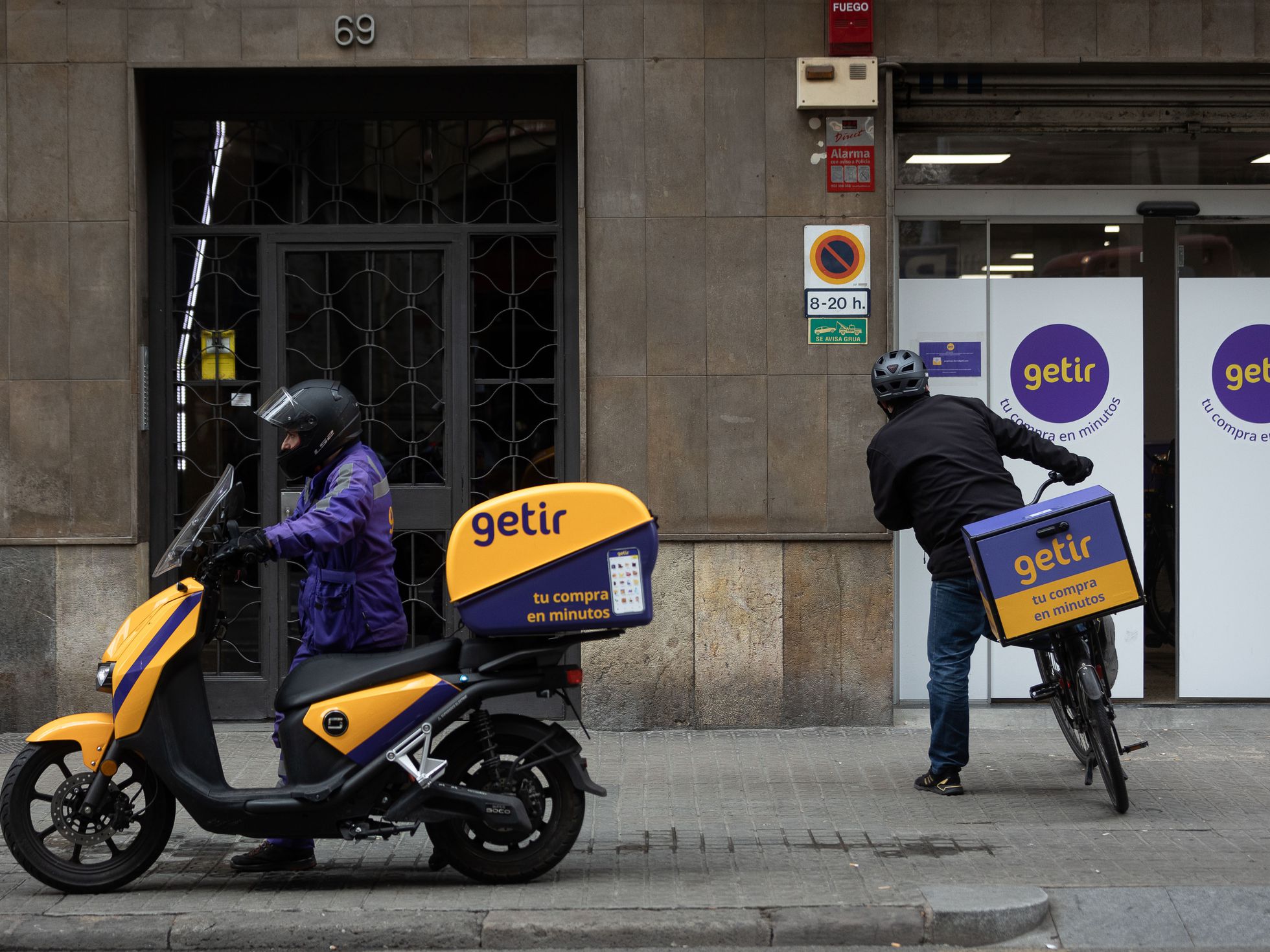Supermarkets and ghost kitchens will be closed in Barcelona. In short, product or food businesses that only offer delivery service and do not have a physical space to serve customers are prohibited.
The government of Mayor Ada Colau presented yesterday the definitive regulation of the special urban development plan for activities linked to the distribution that has the consensus of the opposition parties.
Thus, it is expected to be definitively approved at the plenary session on the 27th of this month.
Communes and socialists reject this economic activity because of its impact on the local economy and the life of the neighborhoods.
Supermarkets and phantom kitchens banned in Barcelona
Under this perspective, for example, the 21 stores of brands such as Glovo or Getir that are operating in the city will have to close or be reconverted into supermarkets open to the public or wholesale stores.
With respect to the “dark kitchen” or ghost kitchens, they will be prohibited in the Catalan capital except in the periphery, in the industrial area of the Zona Franca.
Thus, restaurants that make food delivery in premises of more than 200 square meters will have to allocate space for delivery drivers and obtain a special operating permit.
Likewise, the plan also contemplates regulations for bars and restaurants that operate in premises larger than 200 square meters and that prepare take-out food.
They will also have to have a special permit and provide a space for delivery drivers to take a break and use the restroom.
Although larger restaurants and bars will have a two-year period to adapt, the Catering Guild stated that “the new regulation sentences Delivery with an absurd rule that condemns the catering industry to be more competitive”.
For her part, Janet Sanz, deputy mayor for Urban Planning, defended the plan that seeks to “bring order to those activities carried out in closed spaces for home delivery and that saturate the public space”.
Therefore, no phantom kitchens or supermarkets will be allowed to operate in the streets of Barcelona, nor will warehouses or industrial kitchens that are not open to the public and whose owners are large multinationals”.
However, the Catalan Competition Authority questioned the Colau municipal government’s home delivery business plan.
It indicated that “it imposes unjustified and very serious restrictions on free competition and economic activity”. In particular, it states that it “conditions and prohibits access to and the exercise of certain commercial activities”.
In the city, authorities indicate that there are 21 phantom supermarkets. The only district that does not have one is Sant Andreu, the others have one or two. The Eixample district has the highest number, with six stores, and Sarrià-Sant Gervasi with four.

